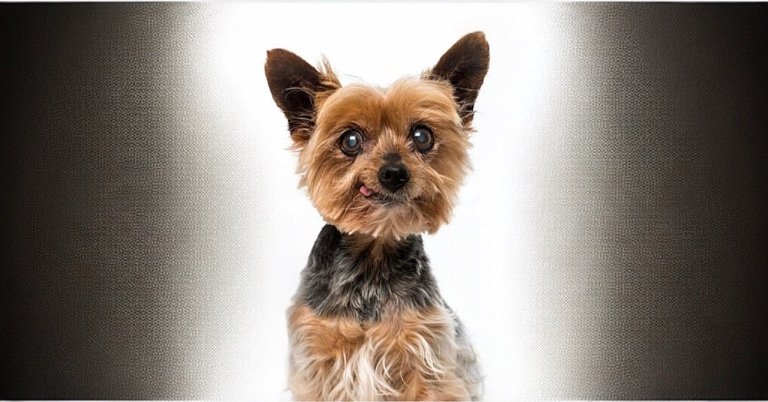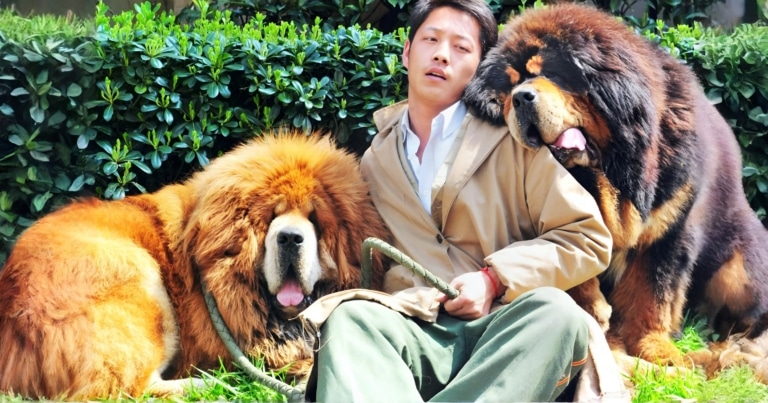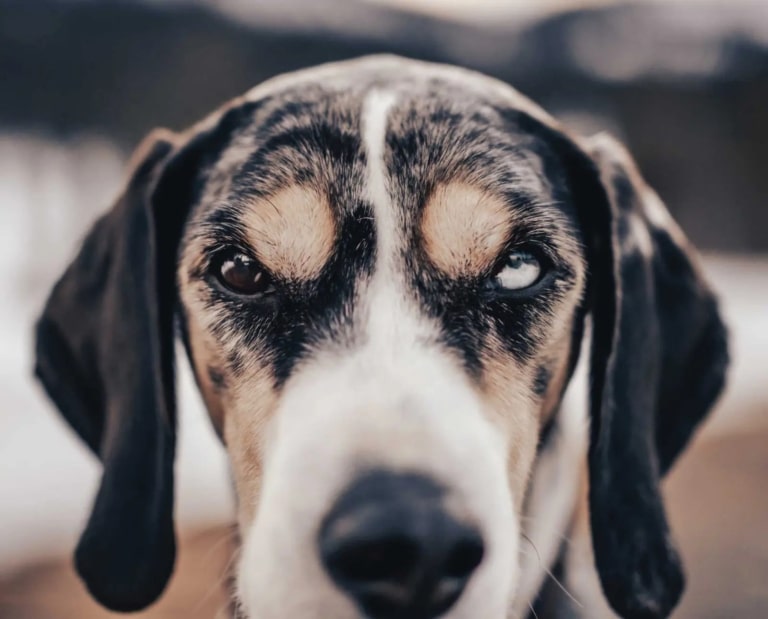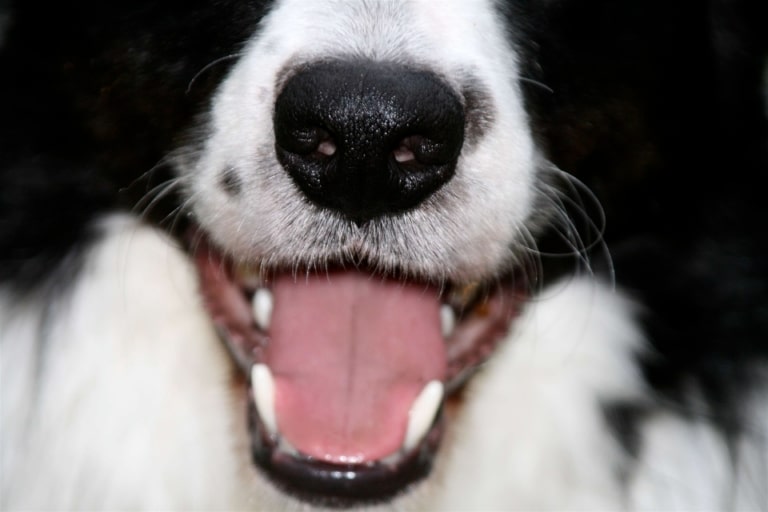It’s no secret that most dogs react poorly to loud noises like thunder, fireworks, or car horns. However, in wartime conditions, this issue becomes particularly acute. Explosions, the whistle of rockets – these sounds can be particularly frightening not just to humans but especially to our beloved pets. It’s essential to understand why this fear arises and how we can help our dogs cope.
Causes:
1. Hearing Organs. Dogs have exceptionally advanced hearing capabilities, allowing them to even detect ultrasonic sounds. Hence, loud noises can cause them more discomfort than they would in humans.
2. Lack of Understanding. Dogs don’t comprehend the reason behind these noises. They may perceive them as threats, especially if the sound is sudden.
3. Negative Associations. If a dog has had unpleasant experiences with loud noises in the past, they might associate them with threats to their own life in the future.
A dog’s fear can manifest in several physiological ways:
1. Trembling.
2. Excessive drooling.
3. Helplessness. Dogs might show signs of confusion, trying to escape the sound’s source.
4. Behavioral Changes. This can range from aggression to submission.
How can you assist your dog during these times?
1. Safe Space. Provide your pet with a cozy spot where they can hide during loud noises. This could be their bed, a specially designated area, or any other place where they feel protected.
2. Reduce External Noise. Close windows and doors, turn on a fan or play soft music to minimize the impact of external sounds on the dog.
3. Calming Measures. Hugs, gentle touch, a calming voice, specific sedative products, or collars might be beneficial.
4. Training. As a preventive measure, you can gradually train your dog not to react to loud sounds. This takes time, patience, and consistency, but the results can be very effective.
5. Visit the Vet. If your dog’s fear or anxiety becomes too intense, it’s recommended to consult a veterinarian. Medical assistance or a consultation with a dog behaviorist might be necessary.
6. Protective Gear. For example, vests designed to fit snugly on a dog’s body to create a strong hug effect, or protective earmuffs that would be helpful for dogs with particularly sensitive hearing.
Preparing in Advance:
If you’re anticipating loud noises (e.g., an incoming siren), try to prepare your dog in advance:
1. Use recordings of loud sounds at a low volume, gradually increasing them so your dog can adapt.
2. Play or physical activity can distract the dog from external noises.
In wartime conditions, it’s vital to remember that pets also experience stress and discomfort. Your dogs trust and look to you for protection and support. Take care of them, strive to create the most comfortable conditions possible, and be there for them during challenging times due to circumstances beyond their control.









